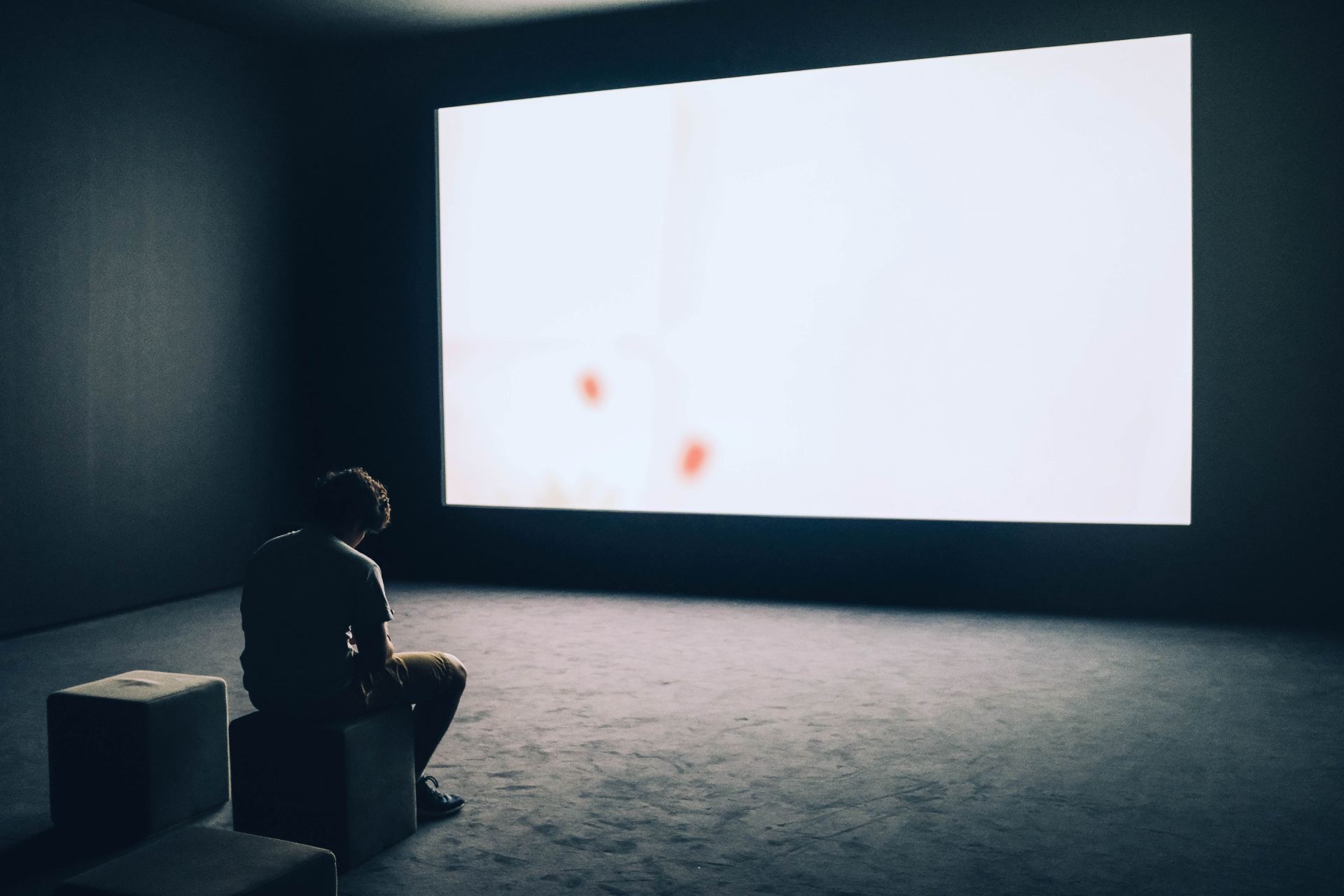Hi! I’m Abi, I'm currently studying a masters in Criminology and Criminal Justice. I like to draw animals & wildlife, play video games, and I like reading.

OCD: Myths and Facts
April 9, 2022,
read.
This article is more than 3 years old
OCD is a complex and layered disorder with many subtypes and portrayals and although there are many depictions of OCD, mostly curated by mass media and television shows, it’s commonly mistaken for being a ‘neat freak’ or liking things organised.
I was diagnosed with OCD at a young age, so I grew up knowing I had this disorder (even if I didn’t quite understand it myself) but seeing depictions on TV that were nothing like me. This was very confusing, and I spent a lot of time wondering if I was weird or an outlier. One of the main components of OCD is anxiety, and it’s a good starting point to recognise that actions and processes performed due to OCD come from a place of anxiousness and fear.
Myth: All people with OCD are ‘neat-freaks’
- Although some people with OCD may be neat and tidy, it doesn’t come with the territory
- Often times those with the illness may accumulate mess in their homes as their time is taken up with their rituals
- Hoarding is associated with OCD, and people may not be able to throw away rubbish due to the anxiety it gives them
- An example of this is someone not being able to throw out newspapers because they hold the belief that they may need it in the future, and throwing it away will be a detriment to them later

Myth: People can be ‘a little bit OCD’
- I’ve probably lost count of how many times I’ve watched people rearrange something to be neat and then proclaim they’re ‘a little bit OCD’.
- Some people may have the disorder mildly, and for some people it’s completely debilitating, but wanting to organise books on a shelf or taking the time to rearrange the fridge magnets so that they’re in line is not OCD
- I’ll refer to earlier in the article where I stated that OCD behaviours stem from a place of anxiety, just liking things neat, tidy and organised doesn’t satisfy this criterion
- This kind of language towards the disorder can be harmful to people who have it, mostly as it completely diminishes how much it impacts them

Myth: Everyone who has OCD performs rituals or compulsions
- The most common depictions that I’ve seen throughout my life show people doing rituals and compulsions
- Although this is very common, there’s another subtype of OCD called Purely Obsessional or Pure-O
- In this subtype, people have the obsessive thoughts, however their compulsions and rituals all take place within the mind through ruminating.
- For example, someone may have an intrusive thought that they’re going to harm someone, so they then spend a lot of time ruminating and trying to prove the thought wrong.
- Sometimes people can suffer from one type, and then it can change and they may suffer from another

Breaking the stigma and misconceptions of OCD
I never was the kind of person to talk openly about my mental health disorders due to reactions from students and teachers at secondary school. As I came into adulthood, I realised how important it can be to openly speak about my journey with OCD as talking about our own experiences can help other people feel less lonely, and help to drown out the stereotyping and negative connotations
If you feel like you’d like to learn more about OCD or read forum posts from other people who are suffering with the illness, I couldn’t recommend OCD Action more. They’re a UK based OCD charity that provides help and support to sufferers, and they helped me when I was struggling through some very difficult times.
Website: https://ocdaction.org.uk/
Helpline number: 0300 636 5478
- Topics
- Mental health
- OCD



